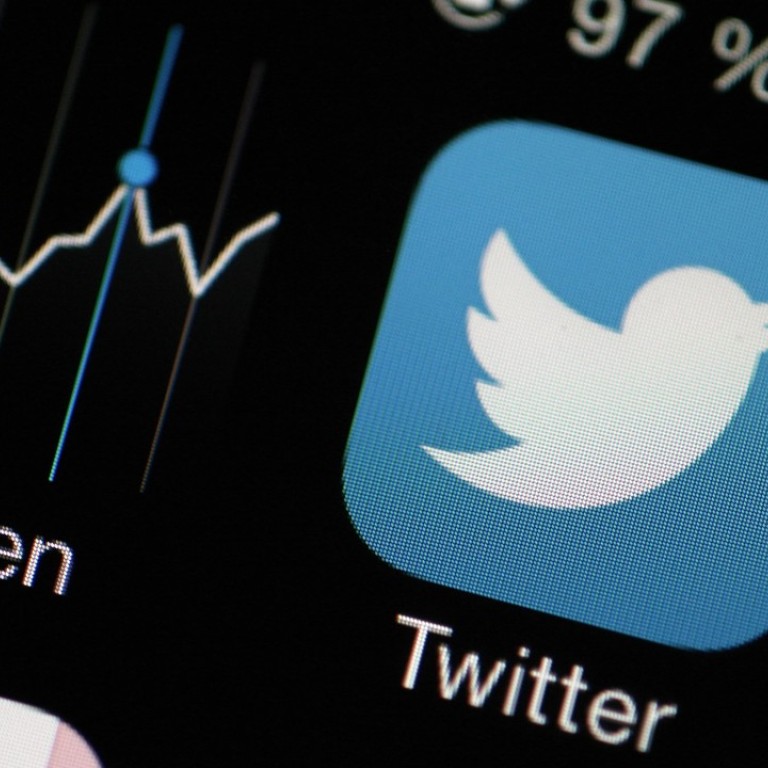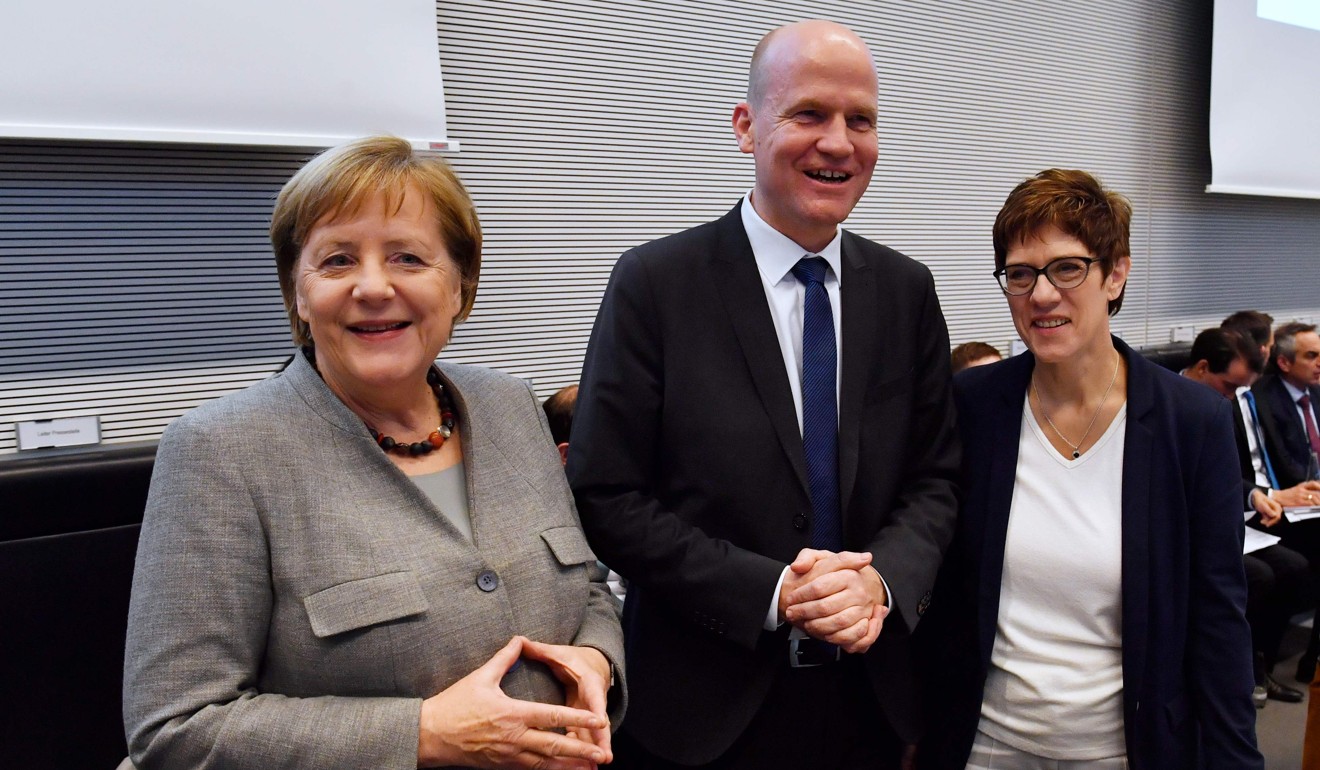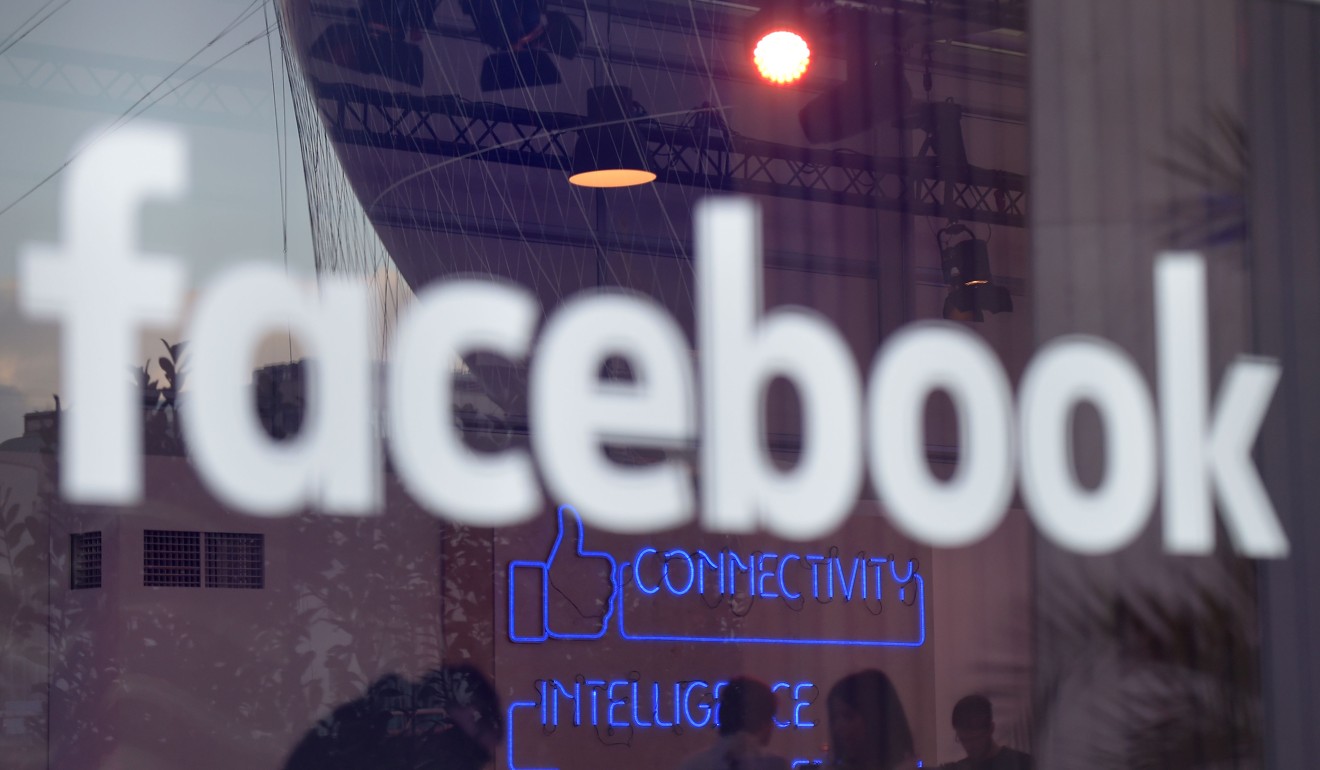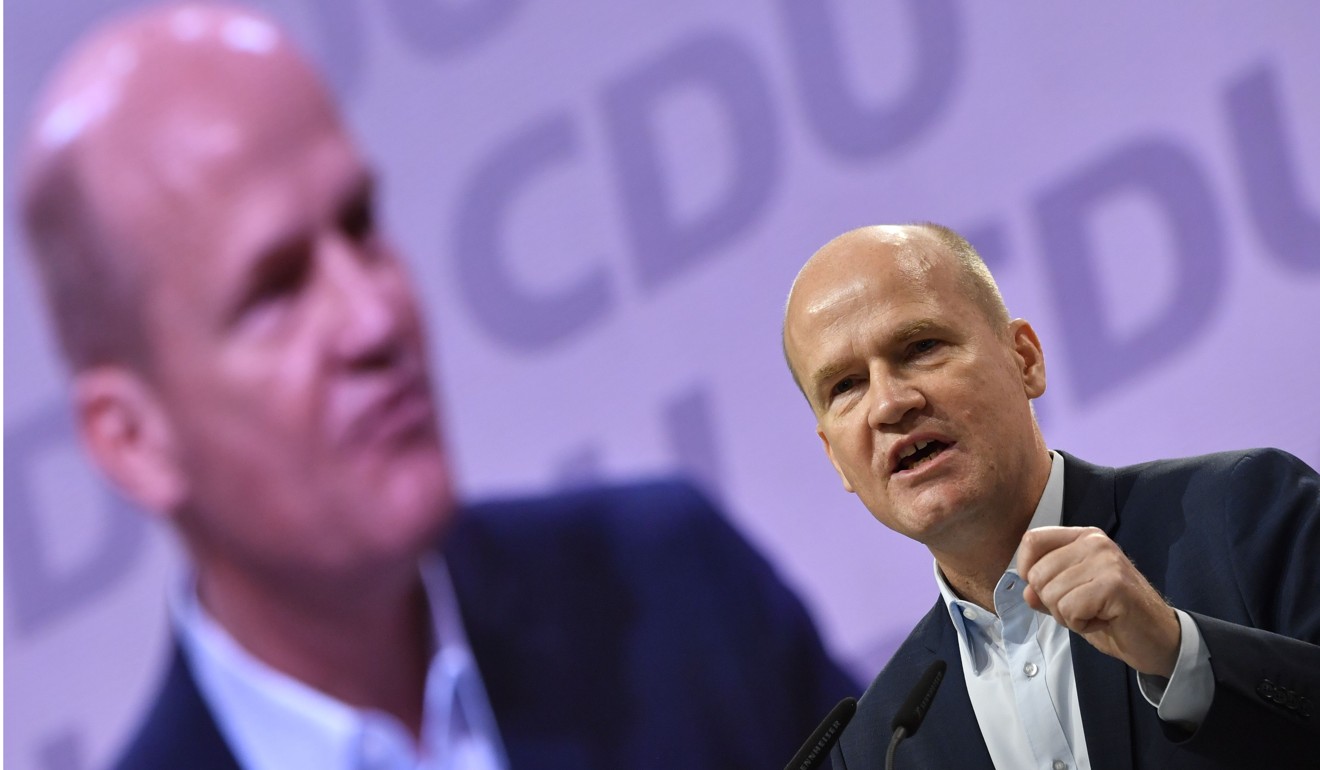
Botskrieg: German official wants to wipe out bots after ‘wave of lies’ hits social media
- Chancellor Angela Merkel’s party whip wants companies like Facebook and Twitter to point out which messages come from bots
Germany must take steps to prevent online “social bots” from manipulating or hijacking sensitive political debates, the parliamentary leader of Chancellor Angela Merkel’s party warned Sunday.
A recent controversy on the UN migration pact was stoked by automated accounts that spread lies, fake news and personal abuse on social media, said Ralph Brinkhaus.

“Many of my colleagues were flooded with messages. Many contained the same phrases. A wave of lies and defamations flooded the internet and social media,” he told the Frankfurter Allgemeine Sunday newspaper.
He said parliament should take steps to rein in the algorithms, software programs and “troll factories” that are “attacking the heart of our democracy”.

Possible steps would be to oblige providers to clearly mark messages originating from bots, he said, stressing that “platforms like Facebook and Twitter have a high responsibility in the formation of public opinion”.
He said better controls would be urgent in 2019, a “super-election year”, with a European Parliament vote in May and several polls in eastern German states later in the year.
“Election outcomes are often close,” Brinkhaus said, pointing to the Brexit referendum and US presidential vote in 2016. “This will continue to encourage populists to derail votes through manipulating public opinion.”

So-called botnets, which can be bought online by groups or foreign governments, can write and spread messages through “likes” and retweets, join groups, and post links, pictures and comments, all to create the impression of a groundswell of anger over an issue.
The newspaper noted that Berlin cyber intelligence start-up Botswatch said 28 per cent of tweets about Germany’s debate on the controversial UN migration pact came from bots, not humans.

.png?itok=arIb17P0)